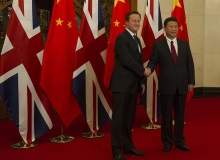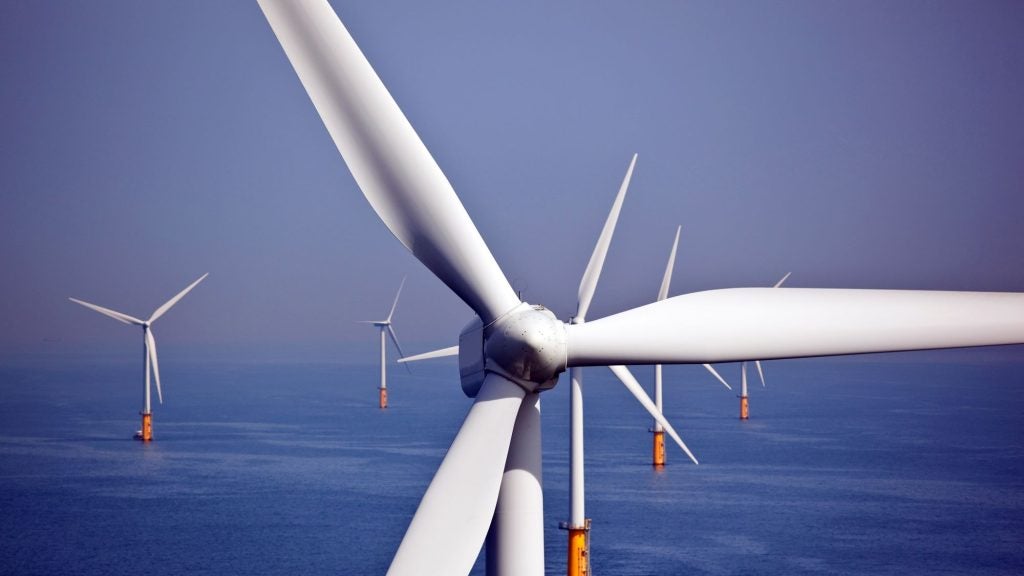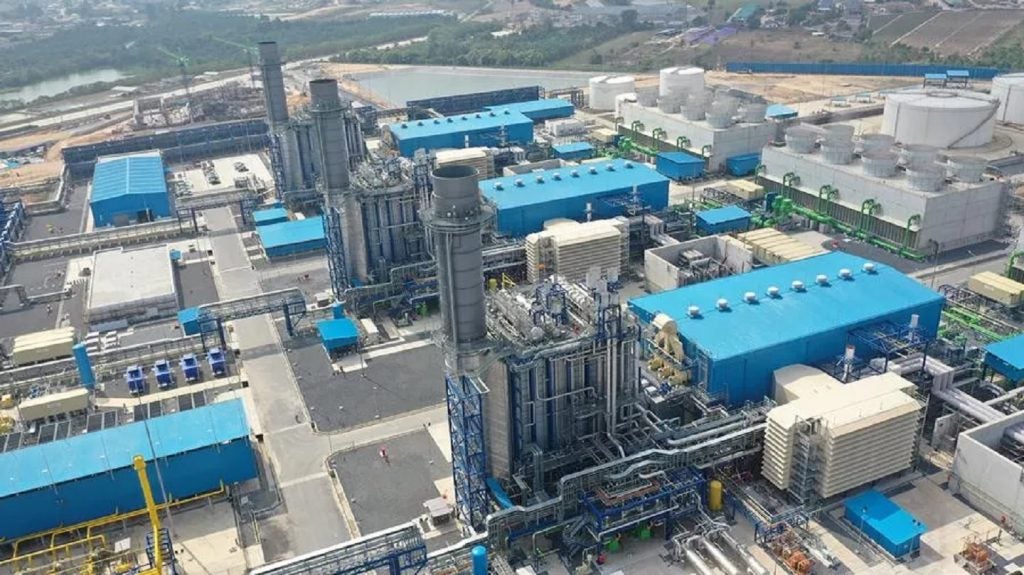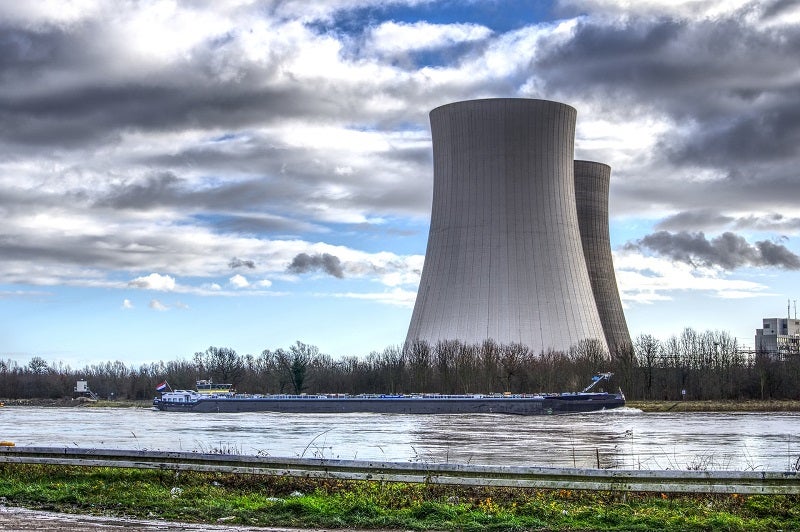

Leading a trade mission to China at the end of last year, David Cameron was full of praise and optimism for the country’s meteoric rise to the top table of global economic powers and how that development could benefit Britain. "I see China’s rise as an opportunity not just for the people of this country but for Britain and the world," said the Prime Minister. "Britain wants China to realise its dream and I believe we can help each other succeed in the global race."
Among the carefully selected representatives of British industry was Ziko Abram, co-founder and managing director of Kiwi Power, a company that supplies technology and support to power grids. We caught up with him to hear more about the trip and what opportunities the huge Chinese market offers to British firms.
Adam Leach: Why were you chosen to go on the trip to China?
Ziko Abram: Demand response is a sector that has been growing in the UK. It has really been brought to the forefront as one of the potential solutions to the energy use problem. That has given us the opportunity to work quite closely with the UK Department of Energy and Climate Change (DECC) and it was through that relationship that we were invited to join the trade mission. In the past we’ve been invited to the US on DECC trips, so when I got the call this time I assumed it was with [them]. When I was informed that it was with the Prime Minister’s Office, I was obviously very excited.
AL: What did you get out of the trip? Have you had any orders or firm declarations of interest from Chinese parties?
Demand response, which reduces the use of energy at peak times, is the second step, after smart meters, of the smart energy revolution.
See Also:
ZA: The message of the trip was that the UK is very keen to trade with China because as a market, it is a great opportunity. We met with some very interesting people both from the UK and from China. In the Chinese crowd, we met people from different industries, potential investors and different government officials from a number of provinces that are looking to take different opportunities back to their towns or cities. It was a great experience to meet such a diverse group of people and it has given us some relationships to cement and try and get some commercial activities from.
How well do you really know your competitors?
Access the most comprehensive Company Profiles on the market, powered by GlobalData. Save hours of research. Gain competitive edge.

Thank you!
Your download email will arrive shortly
Not ready to buy yet? Download a free sample
We are confident about the unique quality of our Company Profiles. However, we want you to make the most beneficial decision for your business, so we offer a free sample that you can download by submitting the below form
By GlobalDataAL: Is China starting to show strong demand for demand response?
ZA: I think there is certainly appetite in China for demand response and different smart grid technologies. It’s a very big country with growing demand for electricity and a lot of renewables, such as wind, being integrated into the grid and a platform like demand response can help make up the interdependency.
There’s huge pollution trouble in China and, I think, that the way to look at it is that it’s always better to reduce consumption than to switch on or build a new power station. There’s also a lot of coal power, so if we’re able to get consumers more in touch with how they consume electricity, then they can start to talk about excluding some of the most polluting energy, which is exactly what the government wants to do.
AL: Is there scope to work with government and/or businesses to implement demand response technology at an early stage in the design or build process of large infrastructure projects or expanding regions?
ZA: As a country it is putting in a lot of infrastructure and building a lot of facilities so you have the opportunity of getting involved at the planning stage. Often that makes implementing things like demand response easier because you don’t have to retroactively go back and change things. It also makes the enablement a lot more cost effective because you’re doing things at the design stage. So it does provide great opportunity, but at the same time, we’re working in many places where the buildings are already there. You can have success both ways.
AL: Has the trade mission to China and the work associated with it taught you anything that can be applied in the markets you already operate in?
ZA: There’s several companies out there that we met that are looking at smart grid technology, looking at demand response and things like battery storage or integrating renewable and those are areas where we’ve had success in the UK, so we’re looking to work with some of the people there.
AL: Are you planning further trips to China, and what regions are you targeting?
ZA: We have more trips planned after the Chinese New Year period. We’re in the process of setting up some pilots, which is quite exciting, but the priority is to have something on the ground in the next year. In terms of regions, we haven’t narrowed it down yet, but some areas are more penetrable than others.
One of the areas that we visited on the trip was Chengdu. It’s out there in the mountainous areas with a lot of greenery but at the same time they’ve built this metropolis out of nowhere. It’s quite shocking in terms of scale and how quickly they built it. I was struck by the amount of pollution there so I think it is an area that would be interested in demand response. We’re keeping all doors open but there are a couple of stronger opportunities.
AL: Do you have any plans to set up a Chinese office?
Old fashioned meters will eventually become a minority with compact wireless smart meters becoming ubiquitous.
ZA: It’s something we are looking at doing and we are discussing. It will take time but the idea is to move forward there.
AL: What challenges do you think there are in conducting business in China?
ZA: Different countries operate in different ways. One of the things in China is you have to deal with very big companies, most of which are state owned. As a result, it takes time to develop the relationships but at the same time it’s very exciting because those companies can move on things very quickly.
In the Chinese culture, building trust in a relationship is very important and that is something we’re dedicating quite a lot of time to doing. One of the advantages we have is that I was born and raised in Hong Kong and studied Mandarin from the age of eight. I find it helps when developing relationships.
AL: Are you looking to do business in any other emerging markets?
ZA: There are certainly opportunities in Latin America, especially in places like Brazil and Argentina and these are places we want to further explore.


.gif)




